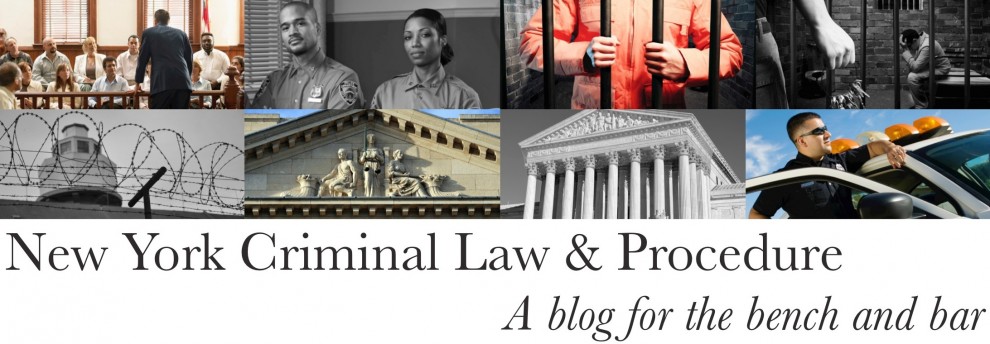A plea court is not required to advise a defendant that he may be subject to the Sex Offender Management and Treatment Act (SOMTA), a 2007 law that permits the civil confinement of sex offenders after the completion of their prison terms. In People v. Harnett (Ct. App. 2/10/2011) (Smith, J.) (5-2), the Court of Appeals concluded that SOMTA is a collateral, rather than a direct, consequence of a guilty plea and, therefore, a defendant need not understand the possibility of SOMTA commitment before he pleads guilty. Like SORA, which the Court of Appeals held was collateral in People v. Gravino, SOMTA is
is not a penal statute designed to punish a past crime, but a remedial one designed to prevent a future crime (see Gravino, 14 NY3d at 556); with SOMTA, as with SORA, important decisions and recommendations must be made, after the time of the guilty plea, by administrative agencies not under the court's control (see id.); and with SOMTA, even more than with SORA, the consequences of a defendant's plea are far from automatic. Indeed, experience to date indicates that the large majority of people who are "detained sex offenders" as SOMTA defines the term will suffer no consequences from that designation at all.
The court rejected a fairness argument that the defense raised based on a New Jersey case, State v. Bellamy, 835 A.2d 1231 (2003). But the court noted that Bellamy involved an unusual set of facts. The defendant pleaded after he had already served most of his sentence. He was due to be released in two months under the guilty plea. The state then commenced civil commitment proceedings a week before his release date. In Bellamy, the appellate court remanded for a motion to withdraw the guilty plea. The New York Court of Appeals agreed that the facts of Bellamy would probably require a finding of involuntariness, which is why it strongly encouraged trial courts to explain the possible SOMTA consequences of a guilty plea to defendants. Here, there was no evidence that the defendant's case was like the extreme one of Bellamy.
Judge Ciparick, writing for herself and Judge Jones, dissented. The dissent drew a distinction between SORA and SOMTA in that the latter requires confinement. "I believe a defendant cannot be said to knowingly and voluntarily forego his right to trial if he does not know the full extent of confinement that might result from his conviction." (LC)



Appeal Held in Abeyance Pending Report from Trial Court on Defendant’s Competency
In an interesting case, People v. Jefferson (2d Dept. 3/31/2009), the Second Department held an appeal in abeyance so that the trial court to hold a hearing and file a report ("with all convenient speed") on whether the defendant was competent before she entered her guilty plea to Assault in the Second Degree.
The Second Department was troubled by an exchange during the lower court's colloquy with the defendant:
time under the influence of drugs, she responded, "Yeah, I just came
from the psychiatric ward." The court failed to follow up on this, but
rather immediately asked her whether she fully understood all the
questions it had asked, to which she responded, "Yeah." Thereafter,
when the court asked the defendant if it was clear to her what was
going on, she responded, "I'm confused." When the court further asked
her what she was confused about, and she responded, "I don't know. I'm
depressed." The court then simply asked the defendant if her depression
stopped her from understanding the proceedings, to which she responded,
"No." At that point, and without further inquiry of defense counsel as
to the defendant's mental state, the court proceeded to accept the
defendant's plea of guilty.
Lesson learned? When a defendant raises a red flag about his or her competency — by mentioning things like "psychiatric ward," "I'm depressed," or "I'm confused" — a detailed inquiry must be made. Here, merely asking the defendant if her depression impeded her understanding was insufficient. Her one word answer was not adequate to gauge whether, in fact, she understood the nature of the proceedings and was able to assist in her own defense. At a minimum, the plea court should have inquired about the length of the defendant's stay in the psychiatric facility, what was the diagnosis, what medications she was on, and whether defense counsel thought she was competent to proceed. (LC)
Leave a comment
Posted in App. Div. 2d Dept., Case Summaries, Commentaries, Mental Illness